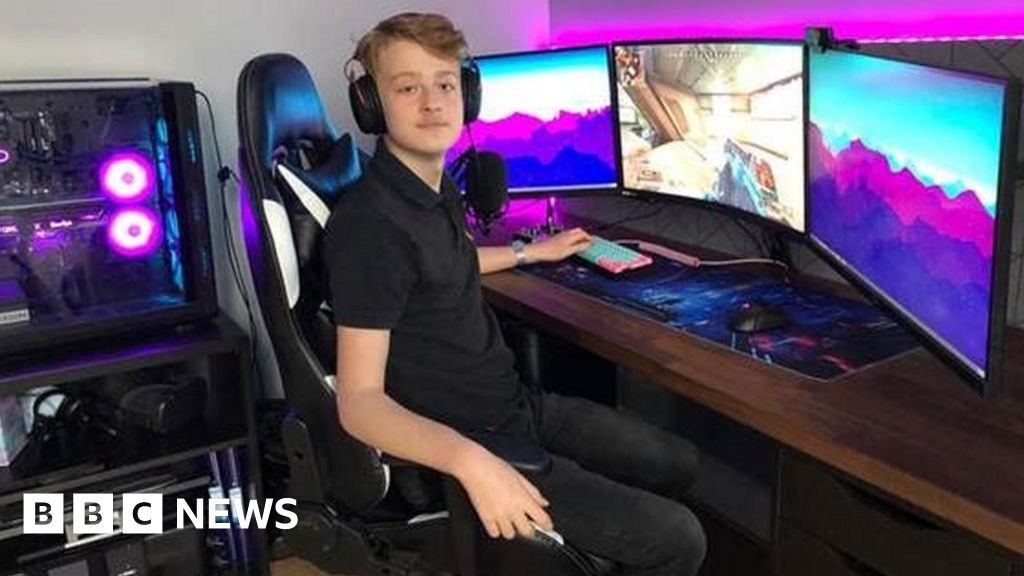Gambling
Covid in Scotland: How gaming helps people connect during lockdown

Ten-year-old Eva Barr has enjoyed playing computer games for as long as she can remember, but since the pandemic began gaming has become an even bigger part of her life.
Her favourite game is Nintendo’s Animal Crossing and Pikmin 3 because she can talk to her friends and cousins online as they play.
“First of all we can be on a call,” she says. “You can have a little speech bubble above your head and you can type in what you want to say. Even when you’re not on the same island, if they’re online, you can say ‘Good morning,’ or something.
“It feels like you’re outside and you’re doing something, and you can talk to people without having to wear a mask,” she says.
Eva thinks she probably got the gaming bug from her dad, Dr Matthew Barr.
A lecturer at Glasgow University with a research interest in video games, he has been looking at how gaming has affected players’ wellbeing during the pandemic.
“We discovered that socialisation was one of the big things,” he says. “That was perhaps one of the most prevalent things to emerge from the work, that games offered folk a way of socialising, of staying in touch.”
“It’s a very common misconception that people will think that games are antisocial. There’s that sort of image of the lone-boy in the basement, it’s always a boy, playing away by himself. But in fact, one of the big draws, one of the big advantages of playing games, is the online sociability.”


